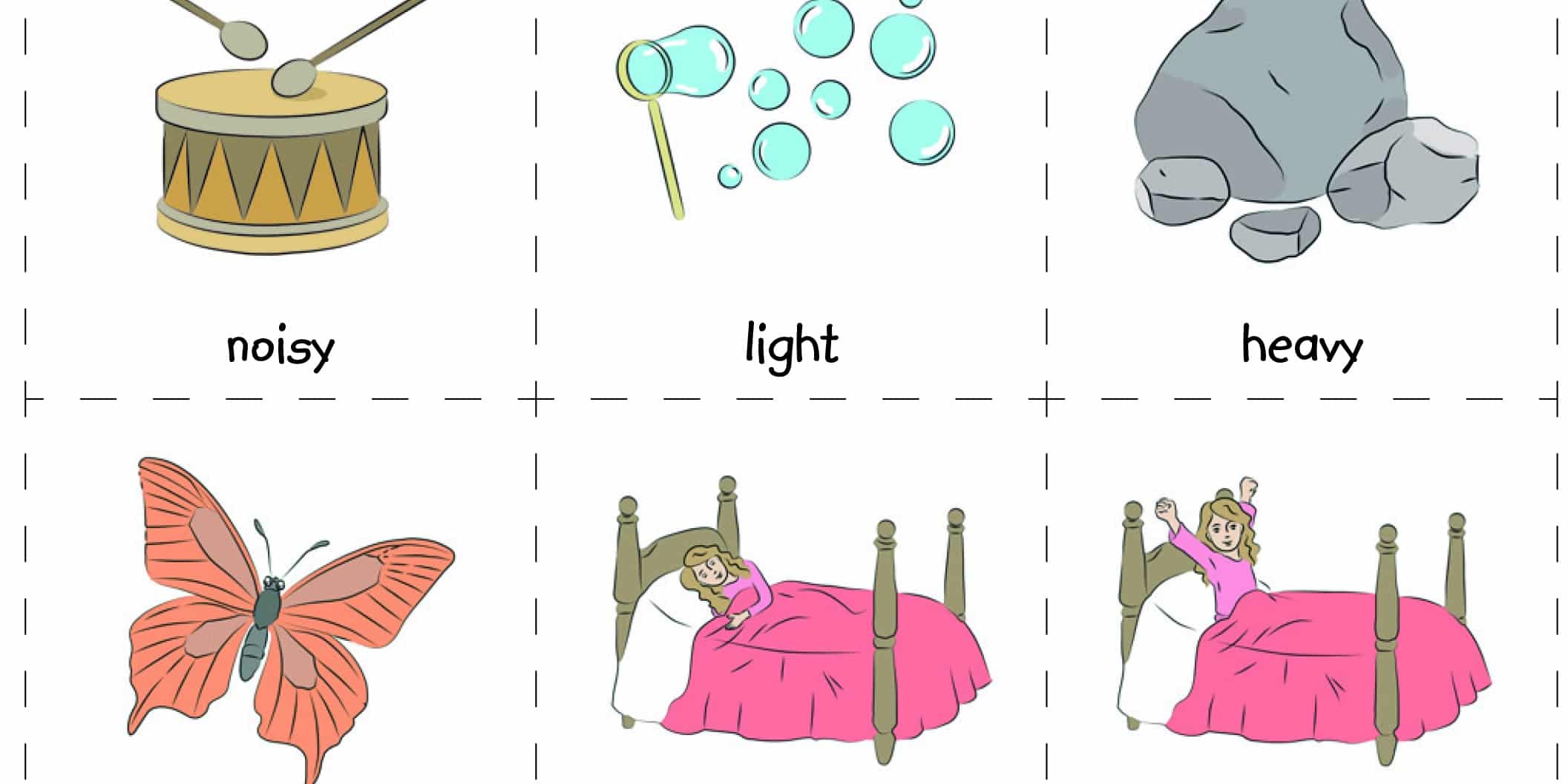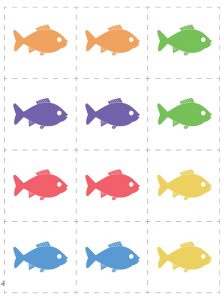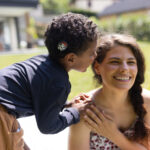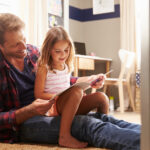MED-EL
Published Sep 25, 2019
Vocabulary Building Tips For Every Stage Of Your Child’s Development

Vocabulary building is very important for every child – not just for speaking, but for reading too. With that in mind, here are different ways to help build your child’s vocabulary, whatever their stage of development.
Stage 1. Up To Single Words
Try these strategies for children in the early stage of communication development (up to using single words):
Talk, wait and look
- Talk in simple short phrases and sentences
- Use a slow speech rate
- Stress key words
- Then stop talking and show your child you are waiting for them to say something
Listen and guess
- Pay attention when your child is using their voice
- Pay attention when your child is trying to communicate (reaching, pointing or gazing)
- Then guess the words your child is trying to say or would like to say
- Say these words for your child to have a try at copying
Stage 2. Combining Words
For children starting to combine words, acoustic highlighting and using choice questions are ideal.
Acoustic highlighting
Talk in short sentences and help call attention to simple word combinations. Identify a combination of two to three words and…
- …Say them a little slower
- …Pause before the word combination
- …Place stress on the word combination
- …Say those words with more ‘music’ in your voice
Use choice questions
- Ask choice questions that model how to combine words e.g. Do you want juice or want milk?
- Put the choice you think your child would prefer last. This makes it easier for them to repeat the word combination.
- Insert new words into the choice to build vocabulary e.g Shall we play with this tiny ball or the large ball?
Stage 3. Talking In Sentences
If your child is talking in sentences, you can try the following strategies to help build their vocabulary.
Build associations
- Identify and talk about relationships between words e.g. categories, functions, opposites or synonyms (words that have similar meanings).
- Compare objects and actions and talk about how they might work together e.g. bounce, throw, catch are all things you can do with a ball.
- Talk about words that describe feelings and make connections to what might make us feel that way. E.g. I am frustrated because I can’t find my keys.
Be intentional
Make an effort to select, target, and model using new words. For example:
- Introduce and repeat frequently in conversation new words that have similar meanings to words your child frequently uses. E.g. Let’s collect the mail. I love the way you have connected those blocks.
- Provide rich explanations for new words you discover when reading together. E.g. This book is called Dragon Rescue. Rescue is what we do when we save someone, or something, from danger. Like when we picked baby’s bunny out of the puddle. We rescued bunny. The dragon in this book must be in trouble. Let’s read about the rescue. Then you can tell mummy about how the dragon was in trouble and how it was rescued.
Free Download: Vocabulary Building Game
Here’s a link to a vocabulary-building game called “Fishing for Opposites”.
To play it, you will need scissors, paper clips, a pencil, a short piece of string and a magnet.
Instructions
- Download the game here.
- Print pages 1 and 2 onto lightweight card.
- Check which way the pages came out, turn the pages over and put them back into the paper tray of your printer and print pages 3 and 4 on the back. Check you have printed correctly; the opposites should have matching fish on the back.
- Cut out the pictures squared and attach a paperclip to each card. Save the second page for later if desired.
- Make a fishing rod by tying the magnet to the string and string to the pencil. (If you don’t have a magnet, roll up a ball of Blu Tack and stick it on the end of the pencil; you can go spearfishing).
- Place the cards fish side down and take turns ‘catching’ 2 cards. Your goal is to find the matching fish that have pictures that represent opposites.
Use the vocabulary tips appropriate for your child’s stage when playing.
Like This Post?
Learn more about the importance of vocabulary building.
Discover more fun rehabilitation downloads for your child.
MED-EL
Was this article helpful?
Thanks for your feedback.
Sign up for newsletter below for more.
Thanks for your feedback.
Please leave your message below.
Thanks for your message. We will reply as soon as possible.
Send us a message
Field is required
John Doe
Field is required
name@mail.com
Field is required
What do you think?
MED-EL



